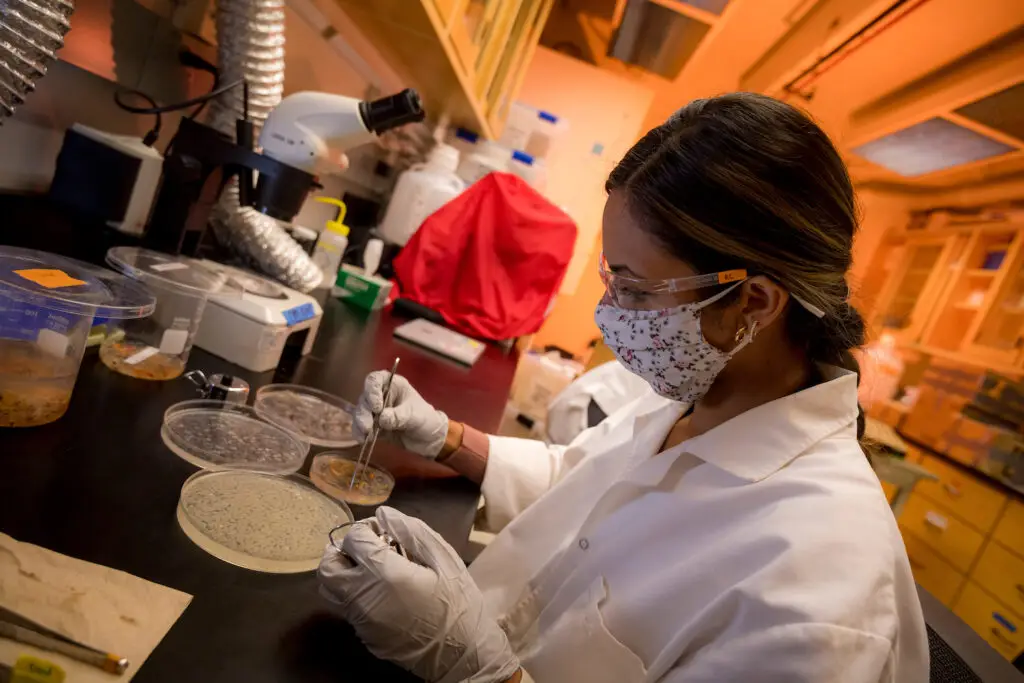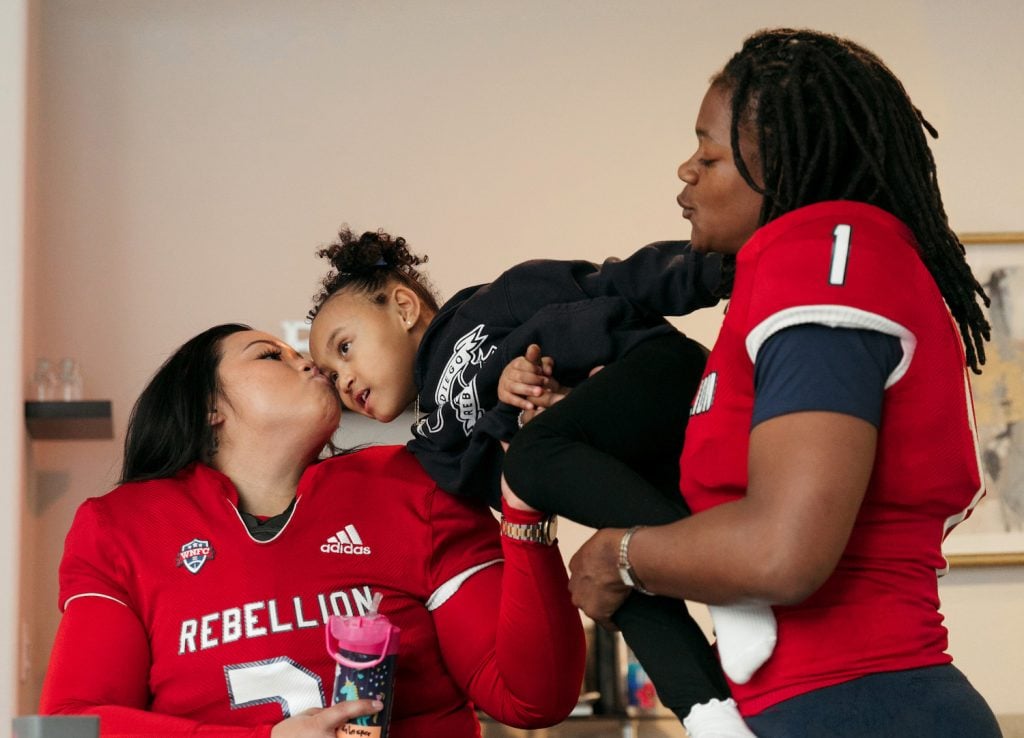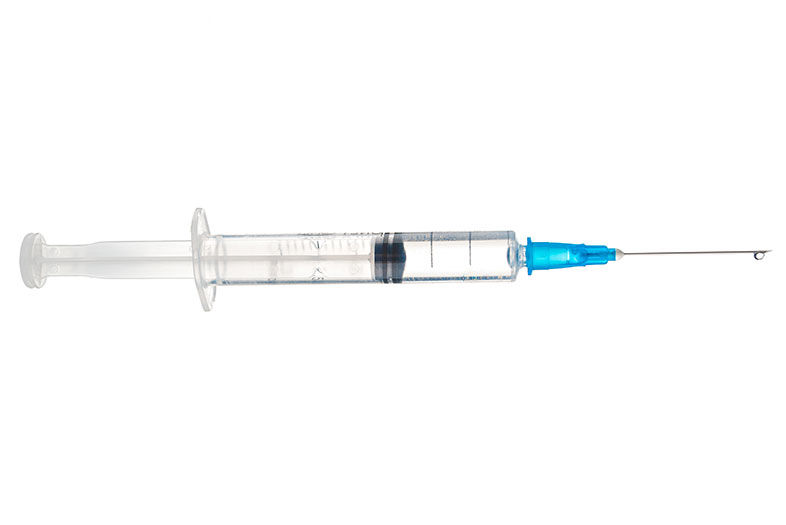If there was a medicine that could prevent cancer—any cancer—wouldn’t people line up around the block to get it? The short answer is no, not always. Vaccines for human papillomavirus (HPV) have been around since 2006, but immunization rates are only around 50 percent.
The disconnect is driving public health advocates crazy. Every year in the US, around 40,000 people with HPV are diagnosed with cervical, oropharyngeal (throat), and other cancers.
“HPV causes a lot of cancer,” says Mark Sawyer, an infectious disease specialist at Rady Children’s Hospital and professor of clinical pediatrics at UC San Diego. “We know the vaccine prevents cancer, and we’re not doing a very good job of immunizing our population.”
The reasons behind the vaccines’ slow uptake are complicated. Immunizations are given to children as young as 9 and require two or three shots to be fully effective. Because HPV is primarily sexually transmitted, some parents are queasy about vaccinating their preteens. Others think the vaccine is only for girls, though oropharyngeal cancer strikes mostly men. Still others view all vaccines with suspicion, and the internet’s dubious-information overload does not help.
“I recently met with a parent who had gotten ahold of this website that claimed unimmunized children have a hundredfold less asthma, which is completely false,” Sawyer says. “The site was all anecdotal studies that aren’t published anywhere.”
Even physicians can be a part of the problem. Pediatricians rarely see HPV-induced cancers and sometimes softpedal the vaccines’ benefits.
The San Diego Immunization Coalition is working to overcome these biases and move HPV immunization rates above 80 percent. The group has 600 members, including the San Diego County Health and Human Services Agency, American Cancer Society, and the Immunotherapy Foundation (IF).
For people at the IF, the struggle is personal. Their founder, financier Ralph Whitworth, died in 2016 of HPV-related head and neck cancer. He earmarked $10 million to fund the IF and support research. The organization has since embraced outreach and prevention.
“If you knew there was something that could protect your child from disease, wouldn’t you want to learn more about it?” Executive Director Christina Martinez says.
Martinez points to the large body of research that supports the vaccines’ safety and a 2012 Kaiser Family Foundation study that shows the shots don’t encourage sexual activity. They are working to disseminate this information, and other tools, to help parents and physicians make educated choices.
“This is something that has been proven to be as effective and safe as the Tdap vaccine [tetanus, diphtheria, and pertussis], and parents give that to their children without a second thought,” Martinez says. “We don’t want to force this on anyone. We just want people to make the most informed decisions possible.”

HPV Cancer Diagnoses Are Staggering as Immunization Rates Remain Low


















